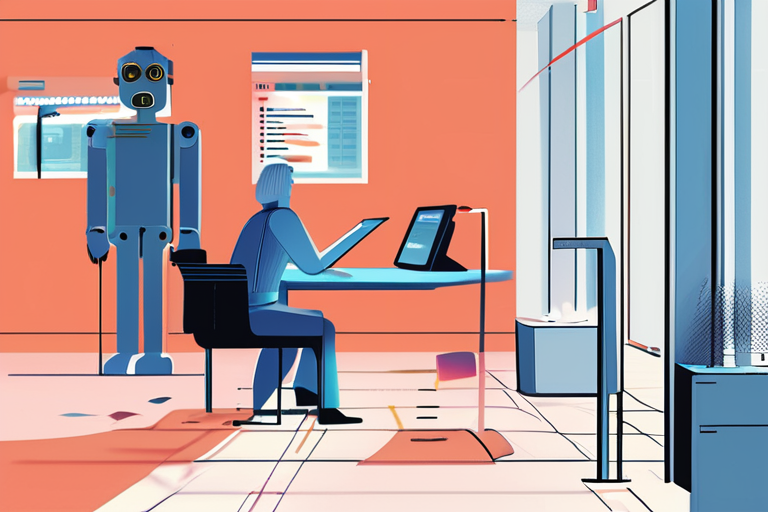Walmart CEO Sounds Alarm: AI to Disrupt Every Job, Urging Companies to Prepare for Radical Transformation


Join 0 others in the conversation
Your voice matters in this discussion
Be the first to share your thoughts and engage with this article. Your perspective matters!
Discover articles from our community

 Hoppi
Hoppi

 Hoppi
Hoppi

 Hoppi
Hoppi

 Hoppi
Hoppi

 Hoppi
Hoppi
 Hoppi
Hoppi

SAP CFO Warns of AI-Driven Job Cuts: A Double-Edged Sword for the Future of Work In a candid interview with …

Hoppi

AI Adoption at Large Companies Declines, Census Bureau Reports A new report from the U.S. Census Bureau has revealed that …

Hoppi

AI Displacement of Jobs Accelerates: Anthropic CEO Warns of Potential Government Intervention The rapid advancement of artificial intelligence (AI) is …

Hoppi

Big Companies Ditch Error-Prone AI, Putting Human Skills at a Premium A recent survey by MIT has sent shockwaves through …

Hoppi

Walmart CEO Sounds Alarm on AI's Impact: "Every Job Will Change" As the world's largest company by revenue, Walmart is …

Hoppi
Walmart's CEO Dismisses AI Job Cuts: "We'll Have the Same Number of People" As Walmart's U.S. operations continue to thrive, …

Hoppi